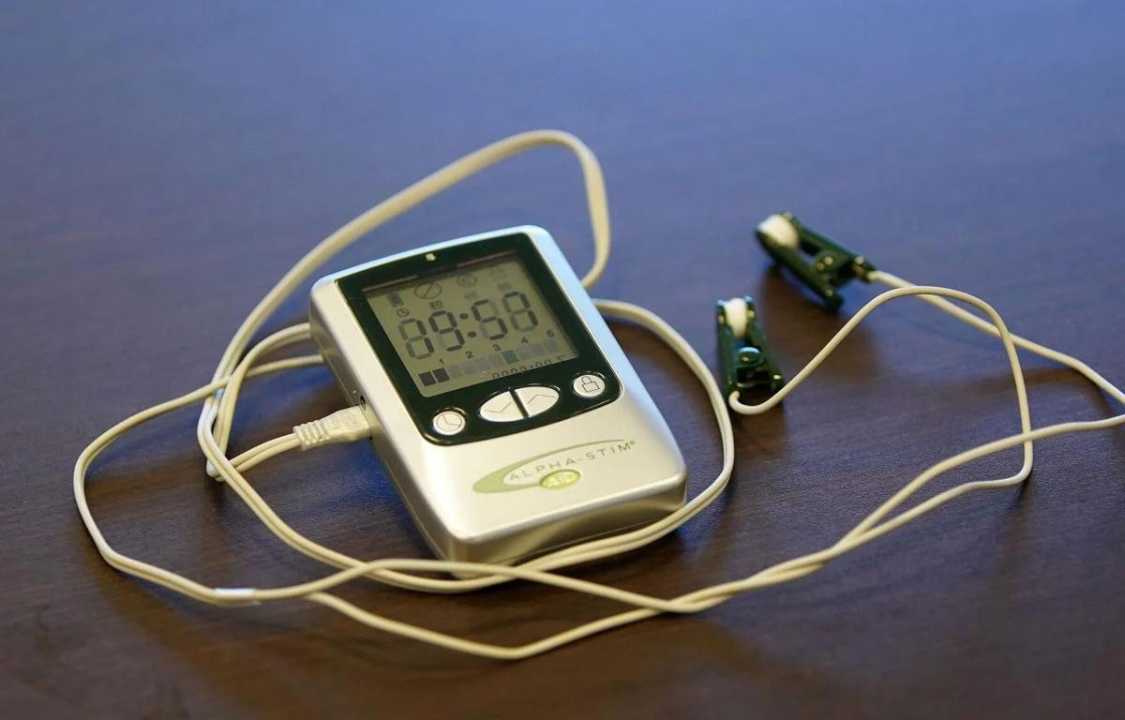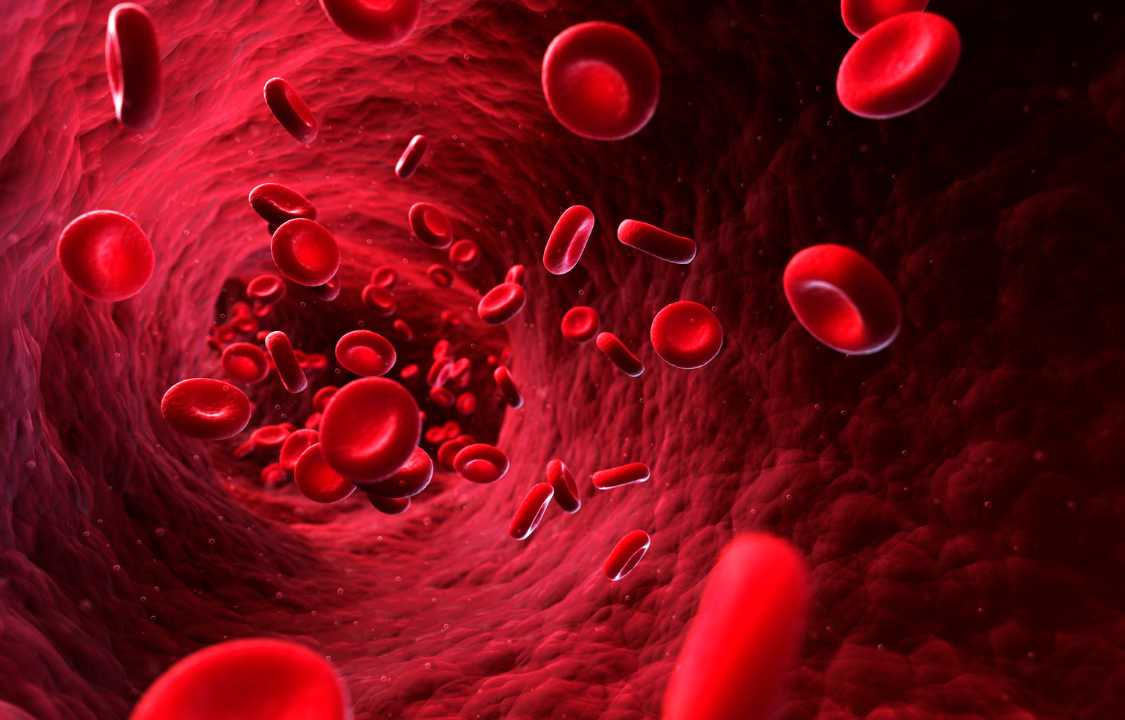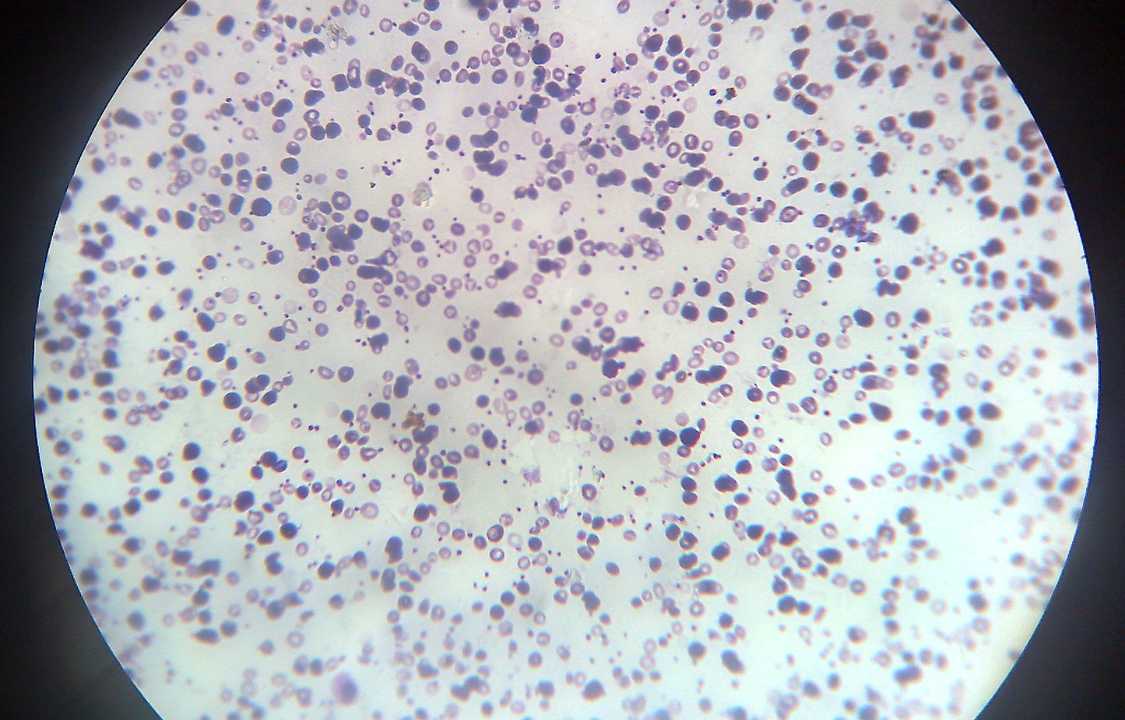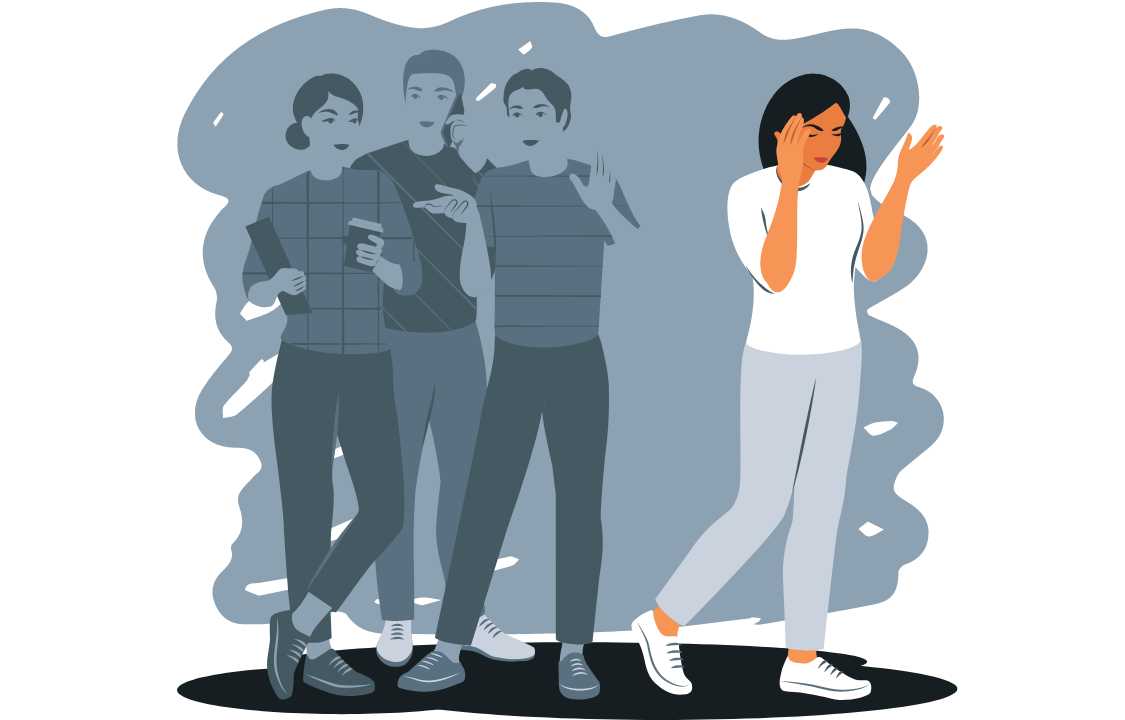Deterioration in cognitive capacities including thinking, memory, language, judgment, and learning are hallmarks of Alzheimer’s disease (AD), a degenerative brain disorder. The National Institute on Aging (NIA) reports that there is currently no cure for Alzheimer’s disease, but that certain medicines may help with symptom management. Alzheimer’s disease often strikes adults over the age of […]
Tag Archives: Treatment
Commonly used treatments for managing anxiety symptoms include talk therapy, medication, or a combination of both. In addition to these traditional approaches, cranial electrotherapy stimulation (CES) using an Alpha-Stim device is another potential option. The Alpha-Stim device works by interacting with the brain to help alleviate symptoms related to mood and sleep. It offers an […]
Mindfulness meditation has emerged as a promising treatment option for anxiety disorders, with research showing its effectiveness comparable to commonly-used antidepressants. A randomized clinical trial published in JAMA Psychiatry demonstrated the efficacy of mindfulness-based stress reduction (MBSR) in treating anxiety when compared to the antidepressant escitalopram. This study contributes to a growing body of evidence […]
Similar to how viruses can be contagious, stress and anxiety can also be “caught” from others, according to Carla Marie Manly, PhD, a clinical psychologist. Mirror neurons in our brain, which are activated when we observe others’ actions or experiences, may play a role in this phenomenon. This means that when we witness someone else’s […]
Narcissistic personality disorder (NPD) is a mental health condition that causes people to have an inflated sense of self-importance and a need for attention and admiration. They often lack empathy for others and may exploit or devalue them to maintain a sense of superiority. NPD is thought to develop from early life experiences, and it […]
Mean corpuscular hemoglobin (MCH) is indeed a measurement that provides information about the average amount of hemoglobin in each red blood cell. Hemoglobin is a vital protein responsible for carrying oxygen to the body’s tissues and removing carbon dioxide. When your MCH level is lower or higher than the normal range, it can suggest certain […]
Frequently, the term “narcissist” is used loosely, but it goes beyond mere self-confidence. Narcissism involves an inflated self-view and actions taken to uphold that perception, often at the expense of others. This exaggerated self-image can be indicative of narcissistic personality disorder (NPD), a clinically recognized mental health condition. NPD can have detrimental effects on relationships […]
Iron deficiency anemia occurs when there is an inadequate amount of iron in the body to produce sufficient hemoglobin, the protein responsible for carrying oxygen in red blood cells. Insufficient iron levels can result in anemia, leading to symptoms such as headaches, pale skin, fatigue, and others. The causes of iron deficiency anemia can include […]
According to a 2015 study published in Psychiatric Annals, approximately 1-4% of the general population meets the diagnostic criteria for Antisocial Personality Disorder (ASPD), which is also known as sociopathy. It is essential to understand that Antisocial Personality Disorder does not simply refer to being unsociable or unfriendly, as explained by Susan Masterson, PhD, a […]
Social anxiety disorder, previously known as social phobia, is characterized by an intense fear of being humiliated, negatively judged, or embarrassed in social situations. Individuals with this disorder experience significant anxiety that interferes with their daily functioning, including work, relationships, and other aspects of life. In the United States, approximately 7% of adults are diagnosed […]










